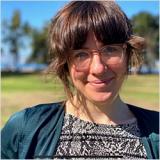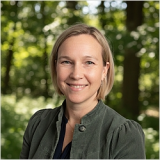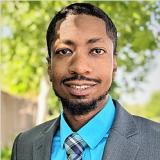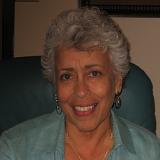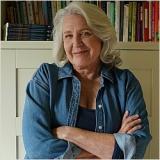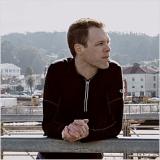Find a Therapist near Oakland, CA
| Prev | Next |
Not finding the right therapist? Search for therapists in Orinda, Berkeley, or Moraga to expand your search.
Find a Therapist in Oakland, California with GoodTherapy
Wondering how to find a therapist in Oakland? Use our directory to search for a therapist, psychologist, or psychiatrist near you. You can find a therapist who specializes in anxiety, depression, couples counseling, family therapy, or child psychology.
It’s normal to experience mental health issues and relationship problems. Mental health care with a licensed therapist can help. Therapy can teach you more about yourself and your mental health concerns in a healing way. Many therapies are evidence-based and have been proven effective in helping people with many concerns, including LGBT issues, gambling problems, and narcissism.
Since 2007, GoodTherapy has helped people like you connect with ethical, compassionate therapy. Oakland is home to many therapists and counselors who are trained to protect client confidentiality and privacy. In keeping with our high membership standards, these mental health professionals are also committed to eliminating the stigma that keeps many people from seeking help.
Beliefs about how much therapy costs may deter some people from finding a therapist. It’s a good idea to contact therapists you’re interested in and ask about insurance, sliding-scale fees, payment plans, and other options to stay within your budget.
Rest assured there are qualified Oakland therapists who can treat a variety of concerns. With GoodTherapy, the right therapist is easy to find.
List Your Practice on GoodTherapy
Are you a therapist or mental health professional looking for new ways to get referrals and market your practice in Oakland? Keeping up to date with professional requirements and increasing your online presence are just two of the many benefits of joining GoodTherapy. Start connecting with clients and earning online continuing education credits today!
Oakland Mental Health Statistics
Oakland, California is located in Alameda County and is home to over 425,000 people. With a large population, the goal of all health services within Alameda County is to make sure everyone receives the care they need. According to 2015 data from the Centers for Disease Control and Prevention (CDC), 12.3% of all adults reported 14 or more days of poor mental health within the past month. And according to 2015 research from the Centers for Medicare & Medicaid Services, 13.2% of those surveyed in Alameda county experienced depression.
Substance use poses a problem for some Oakland residents. The CDC also reports that over 15% of Oakland adults had experienced at least one binge drinking episode. A 2015 study found that per 100,000 people in Oakland, there were 183 hospital visits due to opioid misuse. And for homeless or low-income people in Oakland, heroin addiction is on the rise.
While many Oakland residents may struggle with their mental health, help is available. A variety of resources including compassionate therapists and rehab facilities are available to anyone who is ready to seek help.
References:
- Depression: Medicare population. (2017). Retrieved from http://www.healthyalamedacounty.org/indicators/index/view?indicatorId=2058&localeId=238
- Opioid & heroin addiction in Oakland, California. (2017, December 14). Retrieved from https://elevaterehab.org/blog/opioid-and-heroin-addiction-in-oakland-california
- Quickfacts, Oakland city, California; United States. (2017). United States Census Bureau. Retrieved from https://www.census.gov/quickfacts/fact/table/oaklandcitycalifornia,US/PST045216
- 500 cities project data. (2016). Centers for Disease Control and Prevention. Retrieved from https://nccd.cdc.gov/500_Cities/rdPage.aspx?rdReport=DPH_500_Cities.ComparisonReport&Locations=0653000
